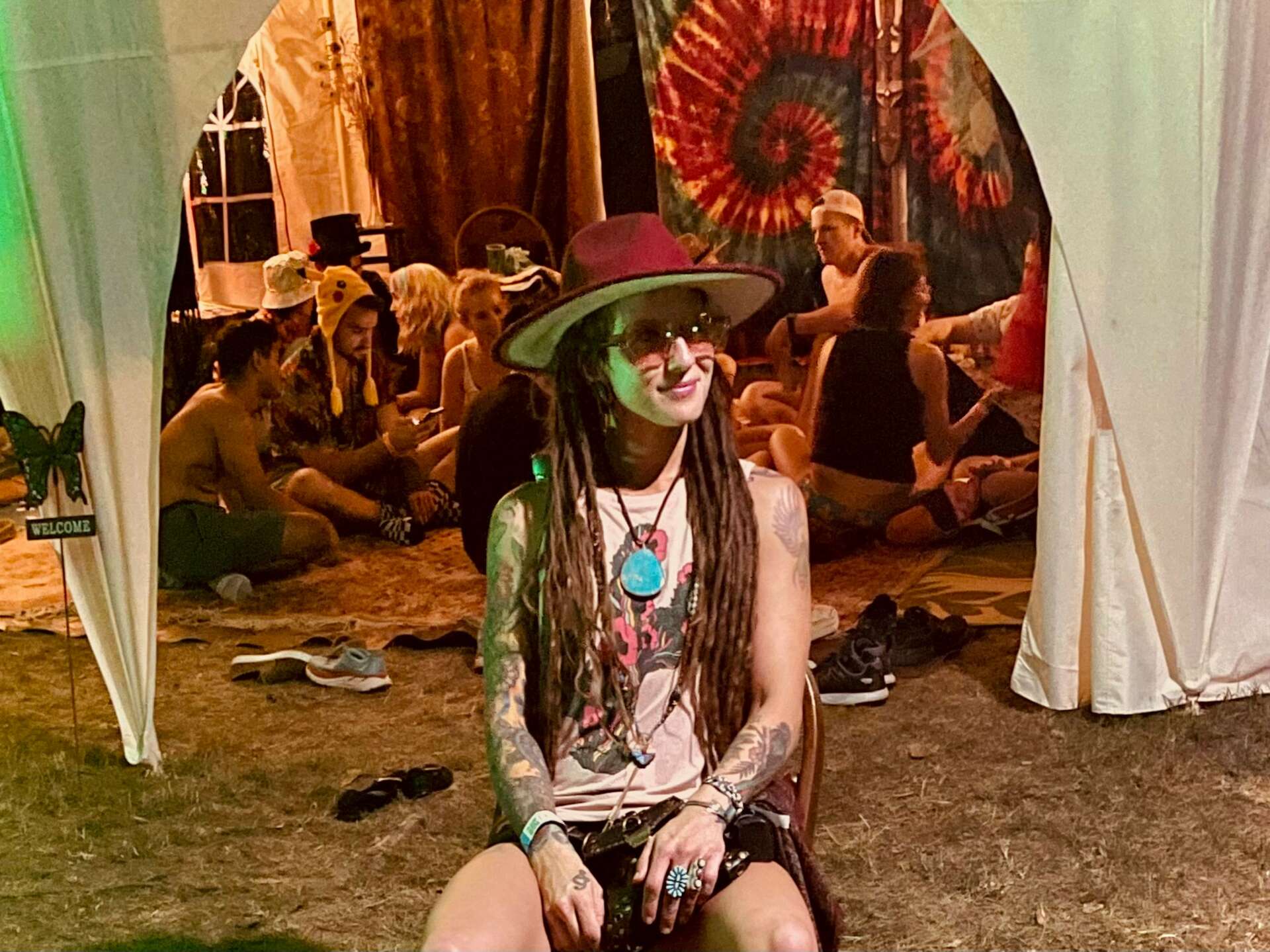We recently connected with Steph Blick and have shared our conversation below.
Steph, appreciate you joining us today. What was your school or training experience like? Share an anecdote or two that you feel illustrate important aspects or the overall nature of your schooling/training experience.
I entered the mental health field with a Bachelor’s degree in Psychology. At the residential drug and alcohol treatment center where I began my career, they offered the classes, training, and supervision to complete the requirements necessary to become a licensed drug and alcohol abuse counselor. This involved completing 4000 hours of on-the-job clinical experience, 150 hours of one-on-one meetings with a licensed supervisor, classes, and passing licensure exams. I decided early on in this process that I wasn’t learning enough to provide the best care to my future clients, as the drug and alcohol abuse counselor license has a narrow scope of practice. Most individuals who need help to recover from addiction have underlying mental health issues that are important to address. This led me to graduate school to earn a Master’s degree in Clinical Mental Health Counseling. This was a two-year, 60 credit hour program that I completed as a full time student while also working full time at the treatment center where I was employed. It was a grind.
I completed internships in three settings during my Master’s program, including training under a registered art therapist, and a specialization in play therapy and expressive arts. I graduated in 2018. Upon graduation, Master’s level counselors are required to continue supervised training for a minimum of two years in order to obtain licensure as an LPC-MHSP (licensed professional counselor, mental health service provider). This involves an additional 3000 hours of clinical experience, 150 hours of one-on-one and group meetings with a licensed supervisor, and several licensure exams. I had already passed one of the licensure exams and was months away from obtaining this license when I decided to exit the mental health field in the fall of 2020. My supervisor, who was one of my favorite professors in graduate school, couldn’t believe it, but I had had enough experiences by that point to know that the profession was out of alignment with my values.
During my post-graduate career, when I was already licensed as a drug and alcohol counselor, but still working towards licensure as an LPC-MHSP, I spent a little over a year working at the Tennessee Prison for Women as the Substance Abuse Program Manager. This job was life changing, and oddly enough, most prepared me for the harm reduction side of the services I provided this year at music festivals. I discovered my ability to remain calm and think on my feet when people are in crisis or experiencing psychosis from substance use or mental illness. I also became familiar with the interdisciplinary approach when mental health issues coincide with security issues and the involvement of a medical team.
The training I have been most grateful for pertains to spirituality and ceremony. I became involved with a sweatlodge community in 2018, and was chosen by one of the leaders to become an apprentice. I have been pouring (leading) sweatlodge ceremonies for almost two years now. It is an incredible honor and deeply humbling to be a channel for this type of healing; and I bring the energy and intent of these ceremonies into the work that I do with TRIBE.
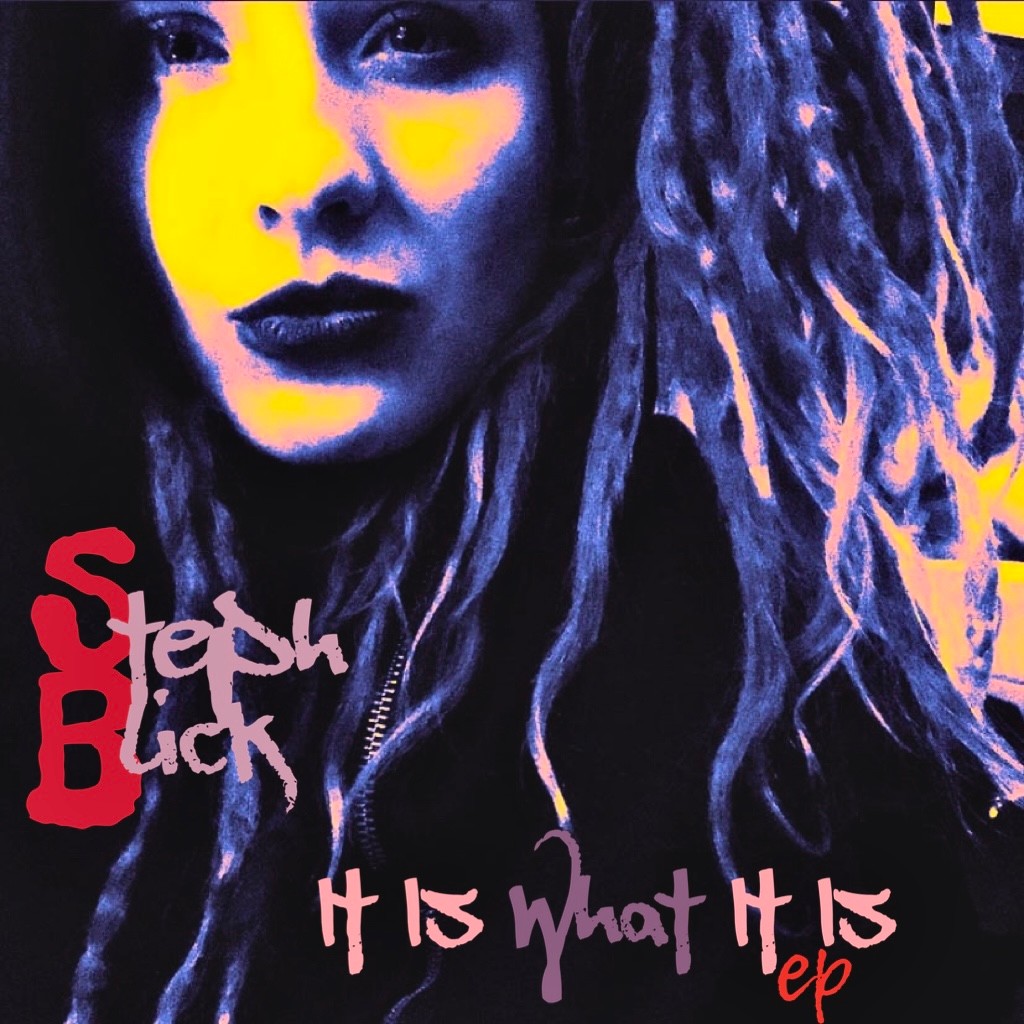
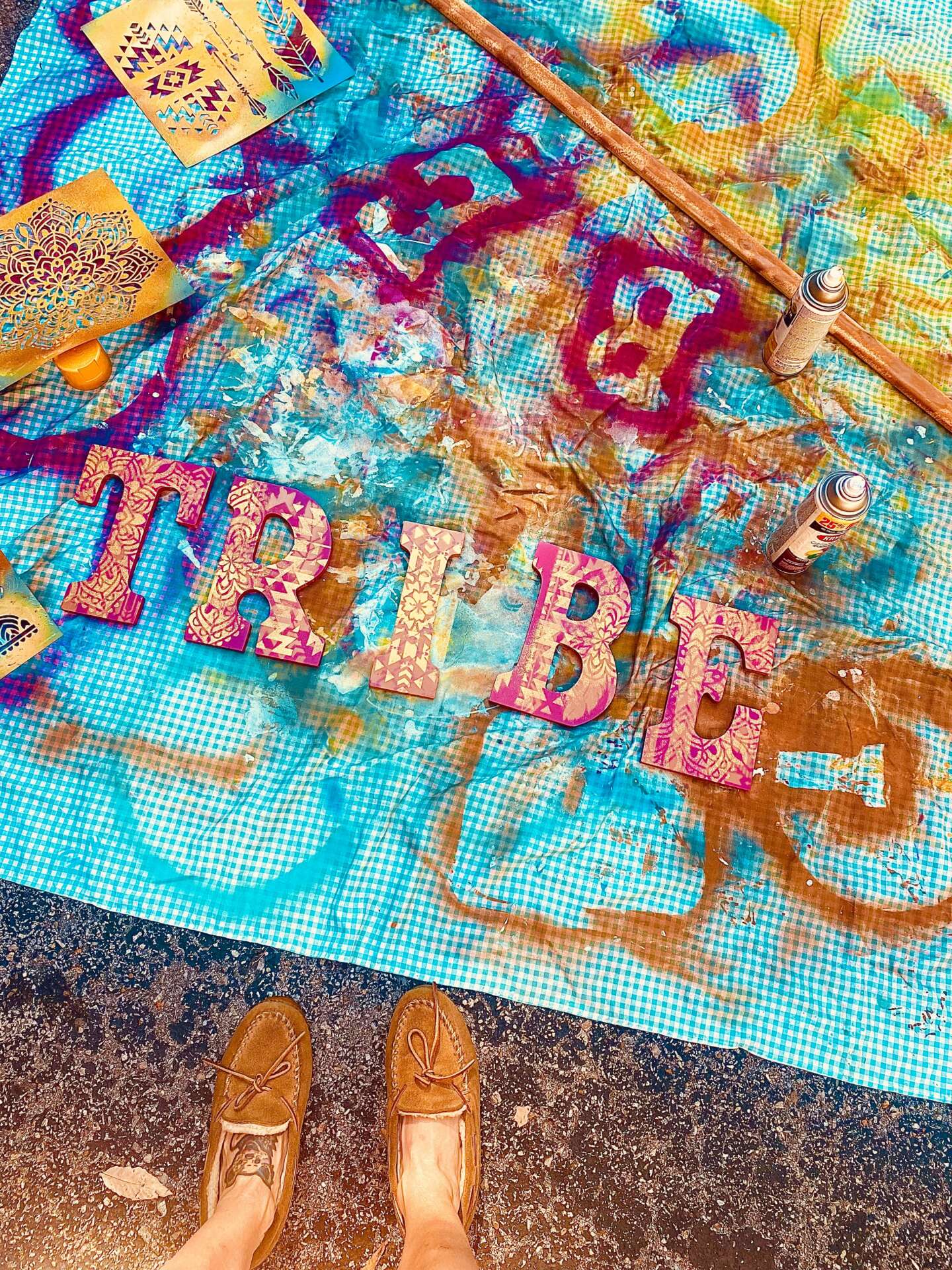
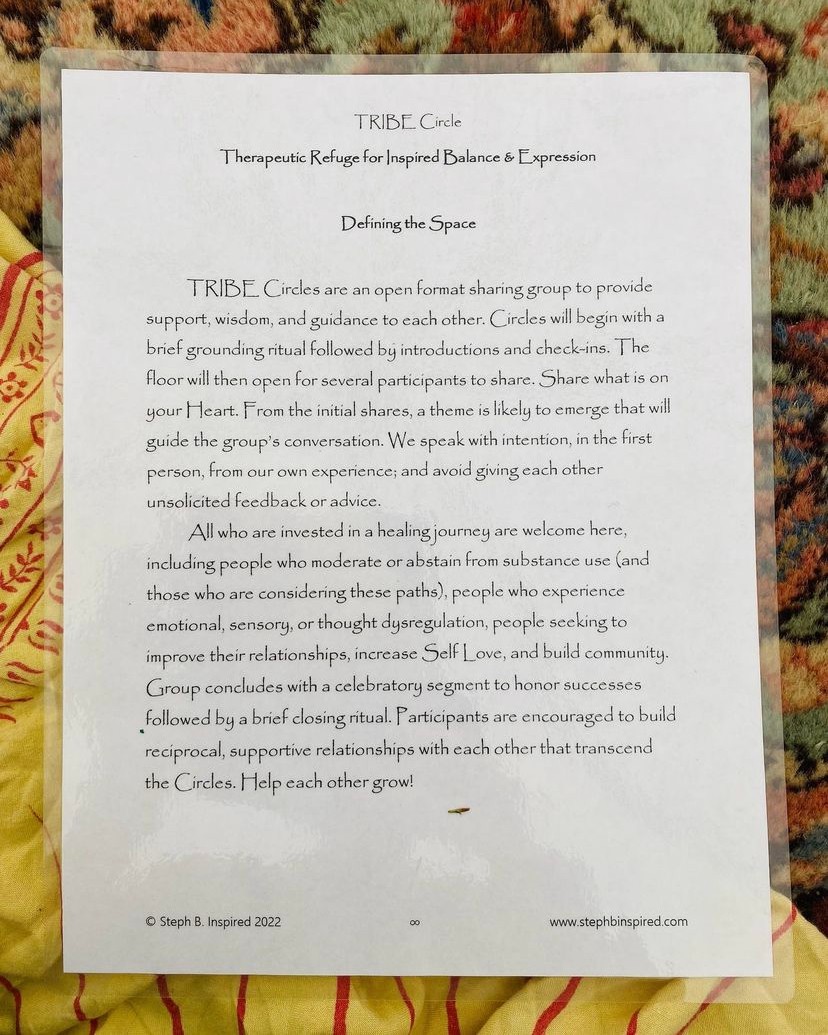
Steph, before we move on to more of these sorts of questions, can you take some time to bring our readers up to speed on you and what you do?
Music was and in many regards remains my foremost passion. I was signed to an independent record label based in Germany when I was 14; released an album, toured, and lived the child star live for several years until I was seventeen. At that time, disillusioned by the lack of control I had over my image and music, I decided to walk away from the deal and began college. I went to two different prestigious music schools, encountered similar frustrations, and ultimately decided that I needed to change my course of study to a subject that I found interesting, but was less “passionate” about. I have always been a thinker and introspective person, and having had personal experience in therapy as an adolescent, I decided to study psychology. After I graduated in 2010, I still had aspirations to “make it” as a singer and performing artist, but I lacked direction and my dreams were overshadowed by my involvement in unhealthy relationships and substance abuse. Things continued to worsen over the next couple years, and I eventually arrived at a point where I was either going to sit in jail for a while or accept help in the form of treatment. I chose the latter. I had the privilege of participating in a program that emphasized spirituality, ceremony, music, the arts, and connecting to the Earth as opposed to the generic 12-Step protocol that reigns over most of these facilities. I participated in my first sweat lodge ceremony during this time. I experienced true healing.
With music still on my mind and in my heart, I relocated to Nashville, TN. I was very involved in the Narcotics Anonymous fellowship for several years and began working at a 12-step focused inpatient treatment center as an entry-level clinical assistant in 2015. I went on to become licensed as a drug and alcohol abuse counselor, earned a Master’s degree in Clinical Mental Health Counseling, and stepped into my first role as a therapist in 2018. My graduate education and experience working in the addictions treatment and mental health field, as well as my personal experience with 12-step fellowships illuminated some significant issues with our current system of mental healthcare. Everything felt so black and white. I eventually stepped away from the 12-step community; while it was an integral component of my development in the early years of my healing journey, it began to feel limiting to my continued spiritual evolution.
In graduate school, I became borderline obsessed with scouring the research databases for studies that demonstrated the effectiveness of utilizing indigenous healing practices (such as the sweatlodge) in mental health and addictions treatment settings. There were countless studies supporting positive outcomes among people of Alaska Native/American Indian descent, but I discovered that very little research had been conducted to demonstrate the benefits of these practices cross culturally. This is referred to as a “gap in the research”. I began developing a wellness model that could be utilized in treatment settings and as an alternative (or compliment) to 12-Step programming called TRIBE: Therapeutic Refuge for Inspired Balance & Expression.
The model creates space for cultural diversity, alternative healing and spiritual lineages, as well as a safe container for individuals who choose moderation over abstinence from substance use. It has five tenants: Living in Balance, Spirituality, Expressive Arts, Ecopsychology (relationship between the human psyche and the Earth), and CAPS: Connection, Activism, Purpose & Service. Support groups called “TRIBE Circles” are the main offering that somewhat mirror 12-Step meetings, but are more open and inclusive.
As a therapist, I loved working with my clients, but constantly struggled with the field’s bureaucracy, the hierarchical politics within agencies, and the Eurocentric underpinnings of the profession. I witnessed how people’s pain, and especially addictions, are monetized in the big business of drug and alcohol treatment (if you’re lucky) or prison. The mask therapists are expected to wear clashed with my authenticity and my self as an artist and musician. I didn’t fit in the box. In August of 2020, I voluntarily retired my license and decided go my own way.
Diving fully into self-employment with no previous experience has been challenging (to say the least), and I still have a lot to learn. Because I am no longer licensed, I have hesitated to continue calling myself a “therapist”, but I am that – and more. I now have the freedom to meet with clients in my beautiful, cozy home office, and am able to blend my skills as a therapist with more spiritually directed interventions such as Reiki and facilitating ceremonies. I am a healer. When I first made the switch, I called myself a “creative healing artist”, but more often these days, I call myself a healer/helper person. An esteemed mentor of mine once referred to me as a “pirate therapist”, and I found that amusing.
This year, TRIBE came to life. Having developed the model as a modality for clinical mental health and addictions treatment, it manifested in a setting I never would have expected: music festivals. An acquaintance of mine was organizing a small festival this past spring, and reached out to me to create a safe space within the festival where patrons could work through mental, emotional, and spiritual issues, should they arise. Early in the planning process, it clicked. Let this be TRIBE!
Music festivals are an interesting cultural phenomenon in that an alternate cultural reality is created for several days (or more). Each festival is unique and attracts its own crowd, but a shared love for music, movement, art, community, and self-expression are common themes. They provide an escape from the mundane of everyday life. Many patrons choose to enhance their experience via the use of alcohol and various substances, and most are able to do so safely and mindfully.
There has been a lot of progress in the realm of harm reduction in order to aid and provide resources to individuals who overindulge or ingest certain substances by mistake. The main goal of harm reduction is to prevent overdose and minimize the risk of substance use related crises. There are many fantastic organizations and groups that have made major strides in curtailing these tragedies through educating attendees, providing drug-testing kits, and distributing narcan.
While there has been some overlap, the mission of TRIBE is different. Rather than reducing harm, TRIBE aims to promote wellness. My helpers and I set up a large 20×20 circus shaped tent, which has become known as the TRIBE Tent, and I deck it out with rugs, cushions, pillows, tapestries, lights, and art. It is a labor of love that takes a lot of time, energy, and intent. The result is that people immediately feel a sense of relief when they enter the space; like they are at home. They tend to intuitively remove their shoes because the space feels sacred. It is a sanctuary. I facilitate the TRIBE Circles at appointed times, and the tent is open throughout the day and night for people to rest, meditate, connect, and share. Amidst the chaos of flashing lights, loud music, and throngs of people, the TRIBE Tent provides a reprieve where people can take a break, a breath, ground and recenter.
I brought TRIBE to five music festivals in Tennessee this year, including Deep Tropics in the very heart of Nashville at Bicentennial Mall. My clinical background has been relevant in aiding with harm reduction, and I have utilized these skills in collaboration with the medical and security teams to provide a calming presence to help de-escalate patrons who have found themselves in crisis.
As a healer/helper person, I have the clinical education, experience, and skills of a therapist, but do not pathologize people’s problems. I have a keen understanding of how the mental health system can disempower individuals who are in need of help and care. On the other hand, most life coaches, healers, and spiritual consultants lack the formal training and education that I have. I am not the right fit for everybody, but the people who benefit most from my style of helping tend to find me, and I have built my practice with this in mind.
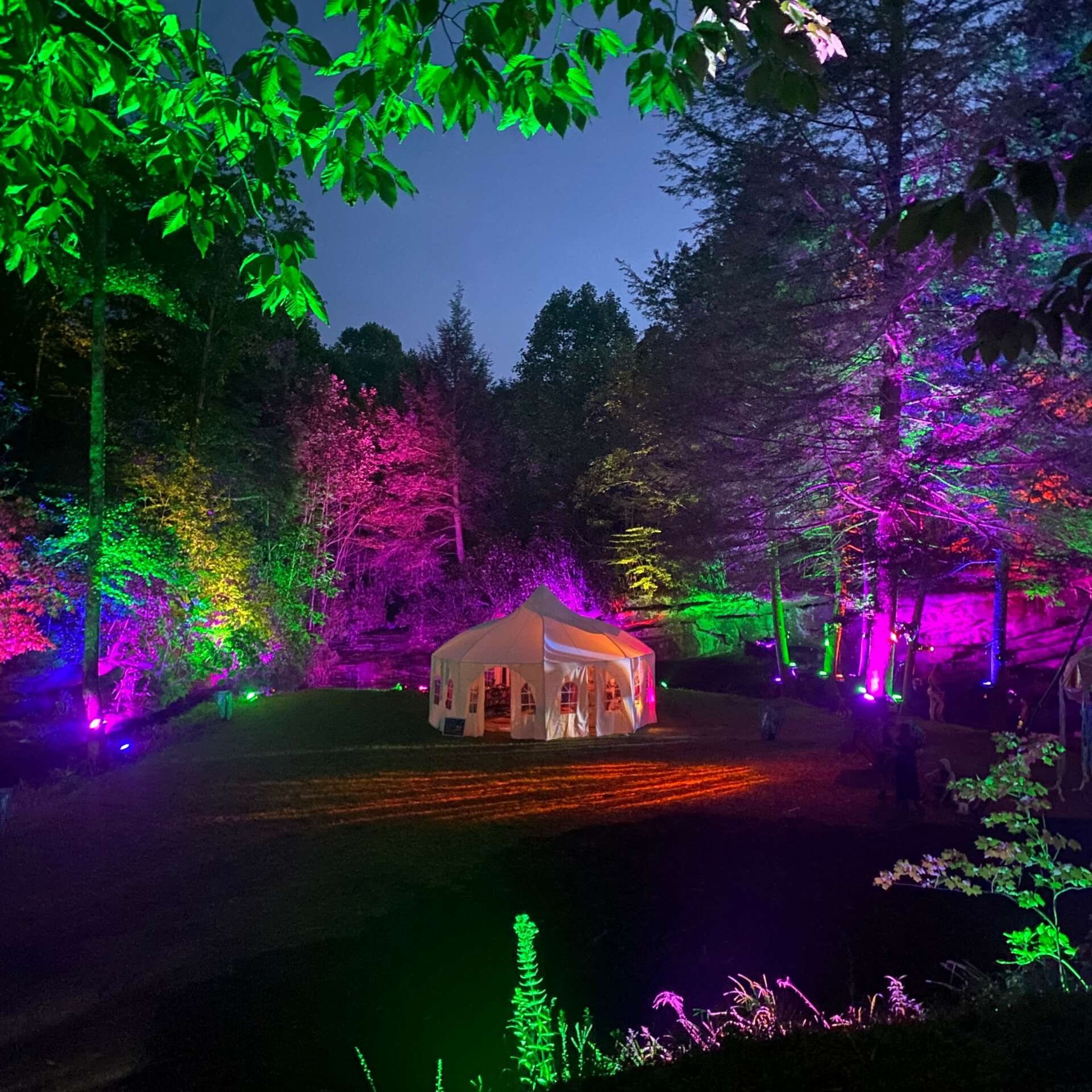
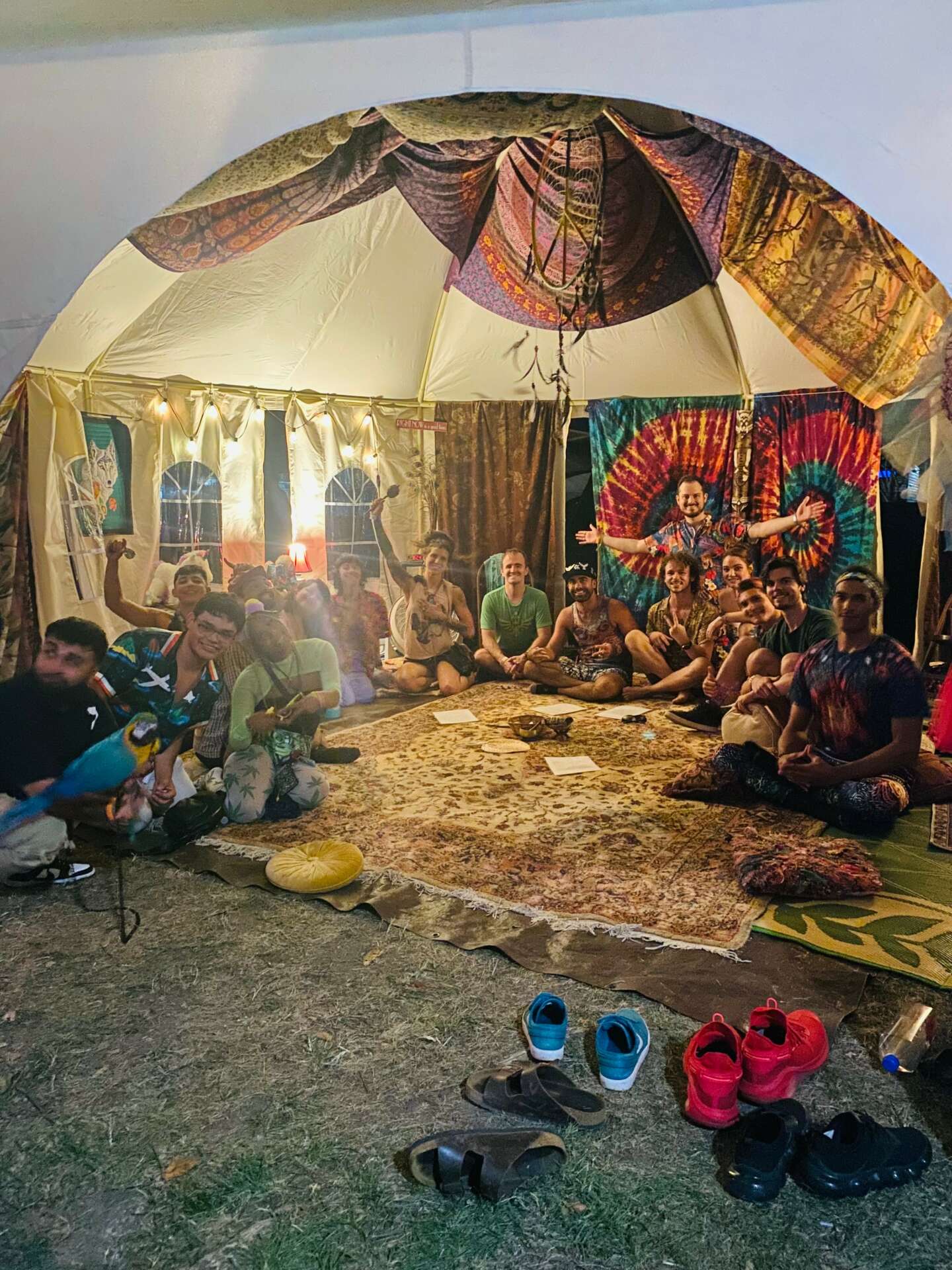
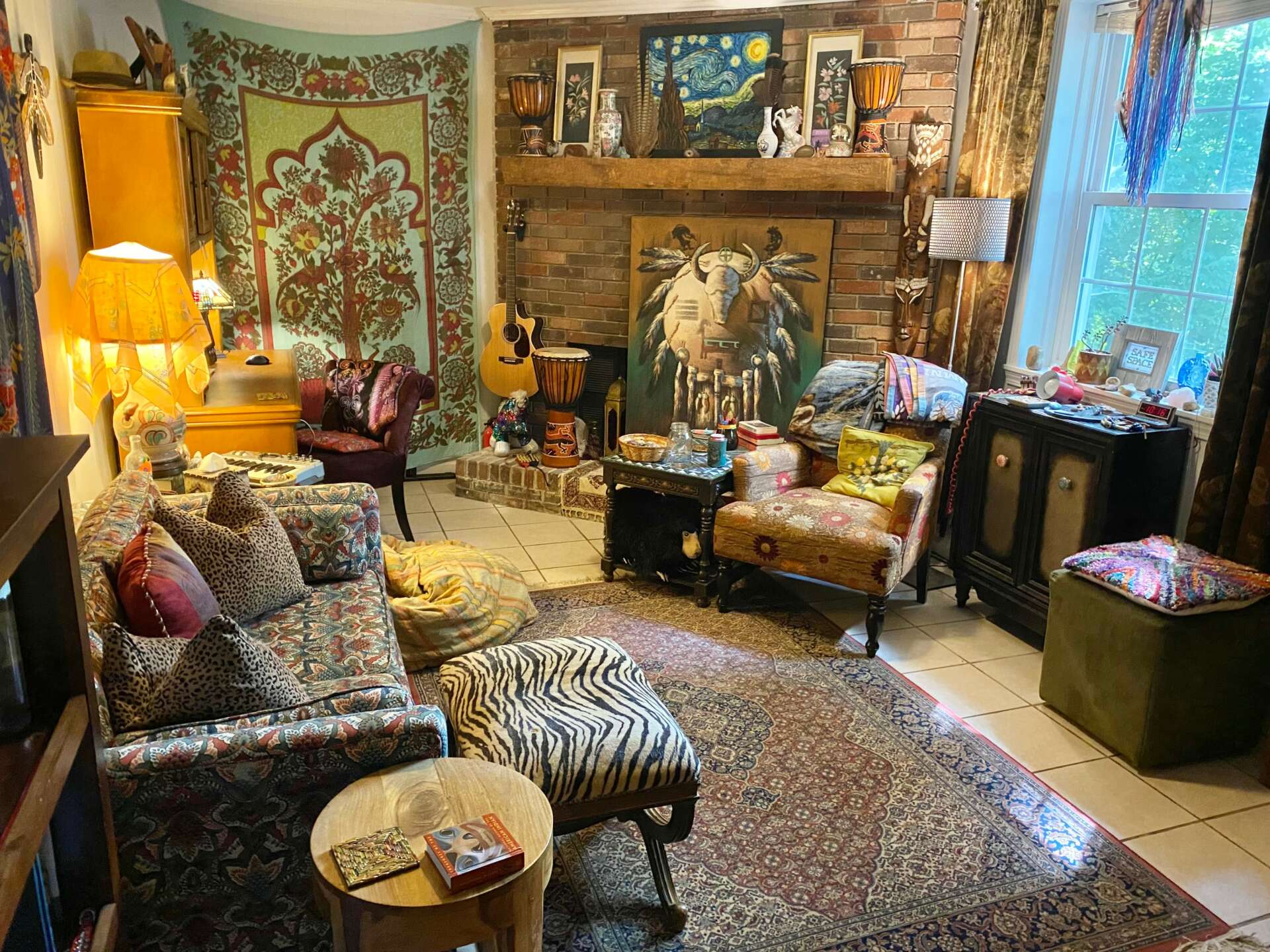
Training and knowledge matter of course, but beyond that what do you think matters most in terms of succeeding in your field?
Authenticity, humility, honesty, and a genuine understanding of human pain and suffering. I think it is crucial to treat clients as equals and always keep in mind that they are the experts when it comes to their life. When I don’t have the answer to something, I don’t pretend that I do. If I make a mistake or realize I could have approached something differently, I own it. Most importantly though, I can authentically empathize with what many of my clients are going through. I’ve been there; I’ve lived it. I don’t pretend like I have it all together or that my life is perfect, because I don’t and it isn’t. I will always be a work in progress, and I do my best to demonstrate the importance of accepting oneself where one is at. I prepare for my sessions to give my clients the best version of myself – to be fully present, provide a warm, comfortable, and safe environment, and offer the gift of not hiding behind a professional clinical mask. My hope for my clients is to develop the courage to be their most authentic selves, and it is important for me to exemplify that.
Have you ever had to pivot?
My life has been a dance of twists, turns, leaps, falls, and plenty of pivots. I described some of these in previous questions but my first major pivot occurred when I was seventeen and chose to walk away from my record deal. A more recent pivot occurred in 2019 after two unsuccessful admissions cycles to Ph.D. programs for clinical psychology. After the first year, I retook the GRE and drastically improved my scores, gained some research experience, and applied to 11 schools. My recommenders believed that I would be accepted to multiple programs, but instead, none of the doors opened. It was difficult, but I soon realized that the 5-7 years it takes to complete these programs and my career thereafter would have sent my life on a very narrow trajectory. The closed doors opened up my world. I hoped to research the efficacy of the TRIBE model on my way to earning a Ph.D.; but instead, I’m just doing it. After seven years living in Nashville, I am finally immersed myself in music. I released a four song EP in 2021 called “It Is What It Is” and am learning to do my own music production – a skill I have pined for since leaving my record label half a lifetime ago, and I hope to be out performing next year.
I am currently at another crossroads, and it may not be so much of a pivot as aiming to expand and taking another leap. After my successful summer bringing TRIBE to music festivals, I am working towards establishing local chapters to provide ongoing support to the festival community, and to provide mental health and addictions treatment centers with an alternative option to 12-Step fellowships for the continuing care of their clients. Finally, I hope to bring TRIBE to businesses and corporations to aid in team-building, problem solving, conflict resolution, and wellness in the workplace.
Contact Info:
- Website: www.stephbinspired.com
- Instagram: @therealstephblick
- Facebook: www.facebook.com/stephbinspired
- Other: www.facebook.com/therapeuticrefugeforinspiredbalanceandexpression www.soundcloud.com/stephblickmusic
Image Credits
N/A


